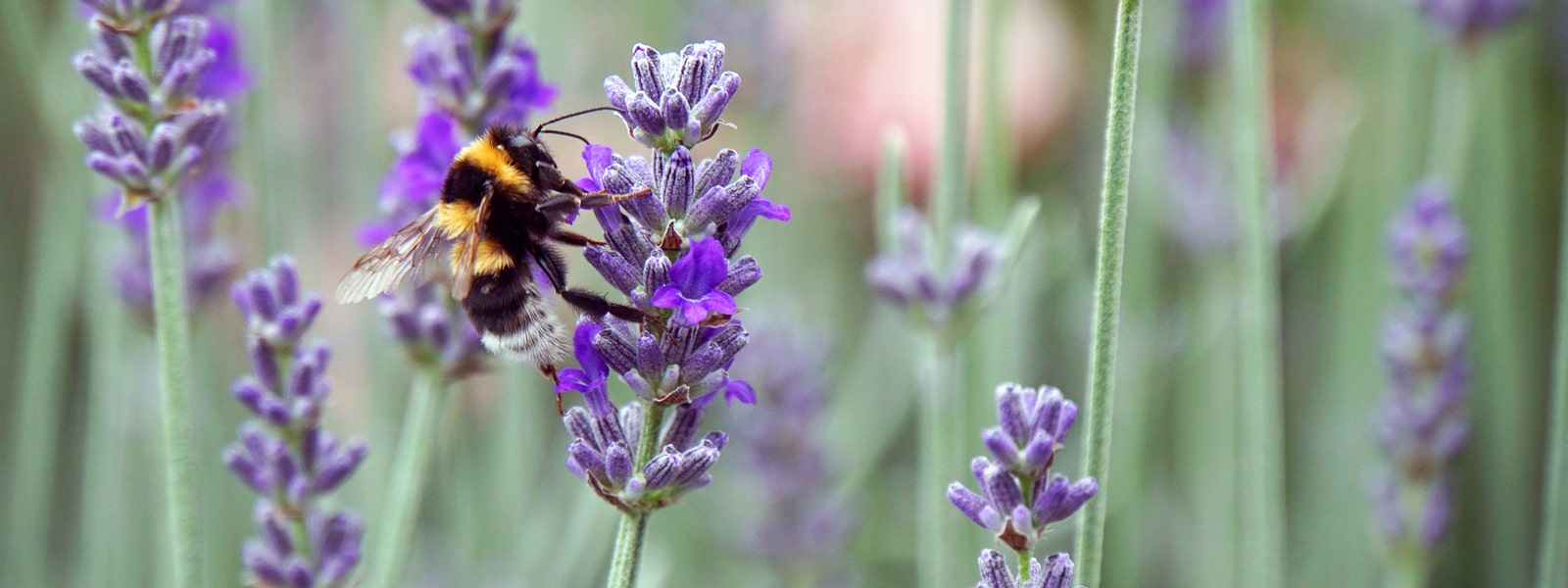Module Overview
Biodiversity is vital to the continued health of the planet and human existence. Yet, we are in the midst of the sixth global mass extinction event, this time caused by humans. Key drivers such as climate and land use change are causing present-day biodiversity loss at all levels, from genetic diversity through species loss to ecosystem collapse. This module will encourage combining knowledge of biodiversity loss across temporal and spatial scales, with a view to designing plans to ‘bend the curve’ in the future, despite the challenges posed by political, social and economic contexts.
Module Overview
Planetary Health is an emergent and critical concept that examines the interconnections between human and environmental health. The concept draws attention to the multifaceted instances of earth’s destruction as principal barriers to human progress, sustainability and wellbeing, and is gaining increasing traction in international policy-making. To overcome such barriers at the planetary scale, scholarship and activism emphasizes the need for collaborative and shared approaches that are co-produced and recognize the cultural diversity, economic and political conditions and environmental pressures working across geographical scales. Following, the Current Issues in Planetary Health and the Biosphere module will facilitate student-led co-produced learning around key topics of planetary health, enabling students to engage in collaborative peer-to-peer learning and enhancing their skills in communication, co-working, collaboration, organization and leadership. The module is 15 credits of the academic work during the MSc degree.
Module Overview
We are living in the ‘information age’, through which ecological and environmental sciences are being transformed. First, by the rise in available data from genes to ecosystems, driven by technologies from eDNA to remote sensing. Second, by computational developments for understanding such data. With this transformation comes unique challenges in data storage and processing, so associated skills are becoming increasingly desirable. This module provides valuable skills in understanding and working with ecological and environmental data, providing a foundation upon which to build careers across associated sectors.
Module Overview
We are living in the UN Decade on Ecosystem Restoration. Reversing the degradation of our landscapes, helping biodiversity to recover, and importantly, developing ways where humans can continue enjoying high-quality living alongside nature in a sustainable manner – all require not only science but also a range of technical and practical skills. This module takes an interdisciplinary and problem-driven approach to equipping students with ecological and geophysical skills, including surveying, mapping, designing and managing landscapes of different scales. It builds on knowledge acquired in the previous semester, in Advanced Data Skills, where the students will learn fundamentals of Geographic Information Systems. Emphasis will be placed on field-based learning including day trips and short-stay trips to real-world restoration/rewilding projects within the UK. Students will have opportunities to learn directly from practitioners in ecological and environmental management, and to build research/employability skills by working on practical projects.
Module Overview
The project is 60 credits of the academic work during the MSc degree. The aim is to produce a dissertation in the form of a journal article fit for publication. The research project is an independent piece of work developed by the student. They are expected to (i) choose their own research topic; (ii) develop the research design, (iii) perform the data collection, analysis and interpretation, and (iv) write up their results in the form of a research paper.
Module Overview
The aim of Nature Recovery and Sustainability is to equip the students with knowledge and understanding of the global challenges currently affecting the natural environment, and of the road to the recovery of nature in a sustainable way. The module will be structured around reversing current ecosystem degradation and biodiversity loss by restoring natural processes, as well as how these processes can deliver benefits to the local communities for societal impact. The module will deal with principles of restoration ecology, rewilding and other conservation and management approaches.
Module Overview
The module focuses on the development of transferable skills that are applicable both professionally and to research projects, within the programme of study and beyond. The skills will be relevant to the broad life and environmental sciences and will allow students to strengthen their proficiency primarily in these areas: scientific writing and communication skills, research data analysis and presentation, professional and career skills.
Module Overview
Students undertake a residential field course which offers the opportunity to investigate biological phenomena in the field. You can investigate ecosystems, and the wider context of the anthropogenic impacts affecting them. Guided by staff, you will work to identify the key threats, challenges, and opportunities of a study area to develop evidence-based and practical knowledge.
Current potential visit sites may be in the UK or abroad. The course fees include the costs of the residential field course including transport, accommodation, and meals. Low-carbon transport, accommodation, and meals at the field sites are fully funded by the University. Students may be required to pay for overnight stays, local travel, and food close to the destination outside of scheduled travel. Students may bring personal items of clothing and travel equipment, some of which may be specialised for the environment they are travelling to, and recommended medicines and travel toiletries such as vaccinations, insect repellent, and sunscreen. These costs will depend on what students choose to bring.



